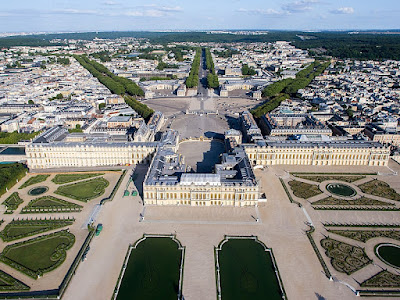Many pirate movies take place in this general time period, and so do many history movies
I grew up on pirate movies like “Treasure Island,” a classic story that takes place in the early eighteenth century. Most modern pirate movies seem to take place in this much-romanticized era of sailing ships and pirates. In this century, we have seen Disney’s fantasy-oriented “Pirates of the Caribbean,” which combines this eighteenth-century historical backdrop with elements of curses and magic. But there have also been more “serious” works of historical fiction, about the naval conflicts of the late eighteenth (and early nineteenth) centuries. For example, there has been the “Horatio Hornblower” franchise (with a TV series starring Ioan Gruffudd), and the Russell Crowe movie “Master and Commander.” (Pity that only one movie was made in that particular franchise, because it was a promising one.) These movies may have some fictional characters in them, along with references to real people like Lord Horatio Nelson. But they may still be “serious” historical movies anyway, in my opinion, since they dramatize the fighting at sea during the Napoleonic Wars.
The wars covered here were all part of a broader struggle between Britain and France
I’m much interested in the naval fighting of the Napoleonic Wars, in part because of the influence of these movies on me personally. But, today, I would like to look at naval fighting in the eighteenth century more generally. The Napoleonic Wars are traditionally dated to the early nineteenth century, and I promise the reader that I will also be giving some serious coverage of that conflict in this post. But, in order to understand the Napoleonic Wars themselves, one has to look at some prior conflicts in the eighteenth century. Most importantly, one has to look at the much broader struggle between Britain and France, and how they duked it out in one maritime conflict after another. Our story begins in 1754, with a frontier conflict in the distant European colonies of North America. Americans today remember it as the “French and Indian War,” but it would soon lead to the broader “Seven Years’ War,” and to many another great naval conflict for the Europeans.























